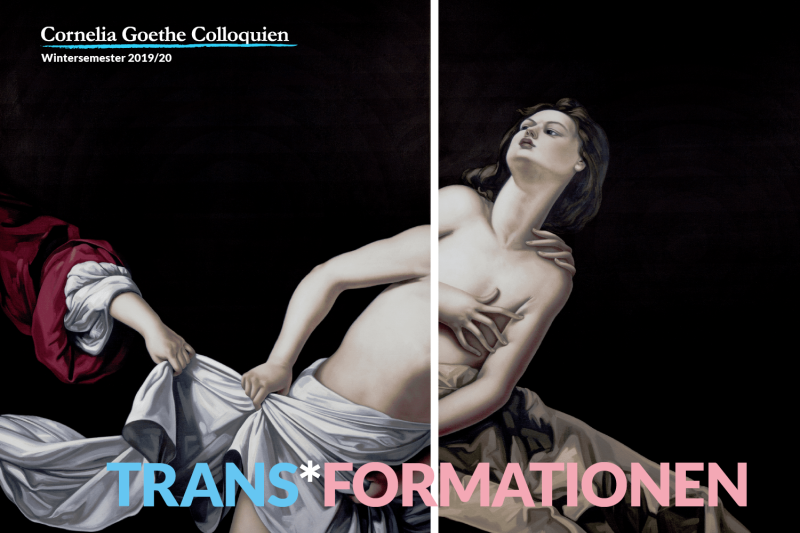A hallmark of the contemporary post-9/11 era has been the increased tracking, monitoring, and securitization of all populations. While state surveillance has long been used as an oppressive tool exercised by imperial powers to discipline colonial subjects, the targeting of individuals who do not match racial and gender norms has dramatically increased with the rise of advanced surveillance and biometric technologies. Growing empirical evidence points to the obstacles this poses for trans, non-binary, and gender-nonconforming individuals in security structures, including interrogation after passing through body scanners and increased identity verification due to perceived mismatches between gender presentation and gender markers in documentation. This method of border management has notable effects on those who do not conform to gender norms and prompts critical questions regarding the role of binary gender as an often-invisible structuring principle. Focusing on the experiences of gender-diverse populations, in this talk I will juxtapose these bordered security technologies with recent developments to legal gender, in particular the introduction of the gender marker ‘X’ in documentation. While this changing landscape might suggest improved human rights – including the right to mobility and migration – I interrogate how such legislative developments could impact trans and non-binary individuals, particularly in light of the global trend towards increased surveillance and border control. I also ask how we might queer this landscape of possibilities in order to interrupt and subvert otherwise restrictive policies and technologies.
... (PhD, UC Berkeley) is Assistant Professor of Gender Studies at Utrecht University. Quinan’s research interests include trans studies, postcolonial studies, and queer theory. Quinan’s book ‘Hybrid Anxieties: Queering the French-Algerian War and Its Postcolonial Legacies’ is forthcoming (University of Nebraska Press). Quinan also co-directs a project entitled ‘Gender Identity Registration and Human Rights Effects’ (GIRARE), which examines changes to the institutionalization of binary conceptions of sex/gender.

